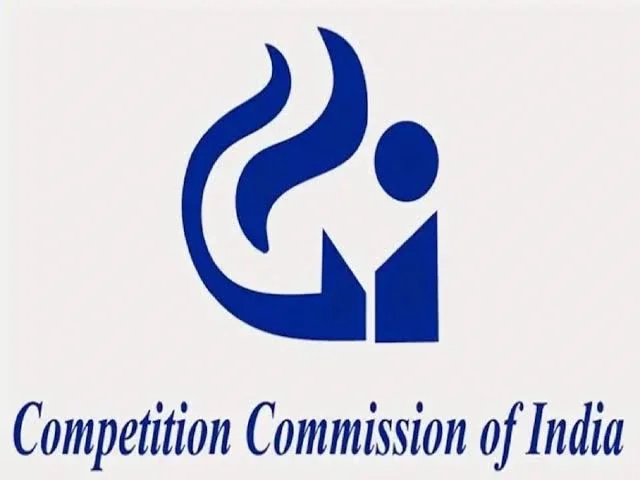
The Ministry of Corporate Affairs (MCA) has made some changes in the rules regarding mergers and acquisitions in India. Now, if companies want to merge or join together, they need to follow certain rules. The rules are there to make sure that such mergers don’t harm competition in the market.

The MCA has decided that if a merger or acquisition involves companies with certain levels of assets or turnover, they don’t need to get permission from the Competition Commission of India (CCI). This means that if the value of the assets of the company being bought is less than Rs 450 crore, or if its turnover is less than Rs 1,250 crore, then they don’t need to get permission from the CCI. This new rule will be in place for two years from the date it was announced in the official government publication.
Key points
- Threshold Limit Raised: The Ministry of Corporate Affairs (MCA) has increased the threshold limit for mergers and acquisitions that require approval from the Competition Commission of India (CCI). This means that larger mergers or acquisitions will now come under the purview of CCI scrutiny.
- Basis of Enhancement: The enhancement of the threshold value is based on the wholesale price index and exchange rate of the Indian rupee. By raising the threshold by 150 per cent, the MCA intends to adjust for inflation and changes in currency valuation.
- Exemption Criteria: The MCA has specified exemption criteria for mergers and acquisitions from CCI approval. If the acquisition target’s asset value is below Rs 450 crore or turnover is less than Rs 1,250 crore, then they are exempt from seeking approval from the CCI.
- Duration of Exemption: This exemption is valid for a period of two years from the date of publication in the official gazette. It means that companies meeting the exemption criteria can proceed with their mergers or acquisitions without CCI approval for the specified duration.
- Legal Framework: Section 5 of the Competition Act defines what constitutes a ‘Combination’ under the Act. It includes the acquisition of one or more enterprises or the merger or amalgamation of enterprises surpassing the specified threshold. The purpose is to regulate combinations that may adversely affect competition in the market.
- Calculation for Thresholds: In cases where only a segment, division, or business of an enterprise undergoes acquisition, merges, or amalgamates with another enterprise, the calculation of relevant assets and turnover is based on the value of the concerned portion, division, or business. This ensures that the thresholds are accurately determined based on the relevant entities involved in the merger or acquisition.

About Competition Commission of India
The objectives of the The Competition Act, 2002 are sought to be achieved through the Competition Commission of India, which has been established by the Central Government with effect from 14th October 2003. CCI consists of a Chairperson and 6 Members appointed by the Central Government.
It is the duty of the Commission to eliminate practices having adverse effect on competition, promote and sustain competition, protect the interests of consumers and ensure freedom of trade in the markets of India.
The Commission is also required to give opinion on competition issues on a reference received from a statutory authority established under any law and to undertake competition advocacy, create public awareness and impart training on competition issues.
About Ministry of Corporate Affairs
The Ministry is primarily concerned with administration of the Companies Act 2013, the Companies Act 1956, the Limited Liability Partnership Act, 2008 & other allied Acts and rules & regulations framed there-under mainly for regulating the functioning of the corporate sector in accordance with law.
The Ministry is also responsible for administering the Competition Act, 2002 to prevent practices having adverse effect on competition, to promote and sustain competition in markets, to protect the interests of consumers through the commission set up under the Act.
Besides, it exercises supervision over the three professional bodies, namely, Institute of Chartered Accountants of India(ICAI), Institute of Company Secretaries of India(ICSI) and the Institute of Cost Accountants of India (ICAI) which are constituted under three separate Acts of the Parliament for proper and orderly growth of the professions concerned.
The Ministry also has the responsibility of carrying out the functions of the Central Government relating to administration of Partnership Act, 1932, the Companies (Donations to National Funds) Act, 1951 and Societies Registration Act, 1980.
Summary





